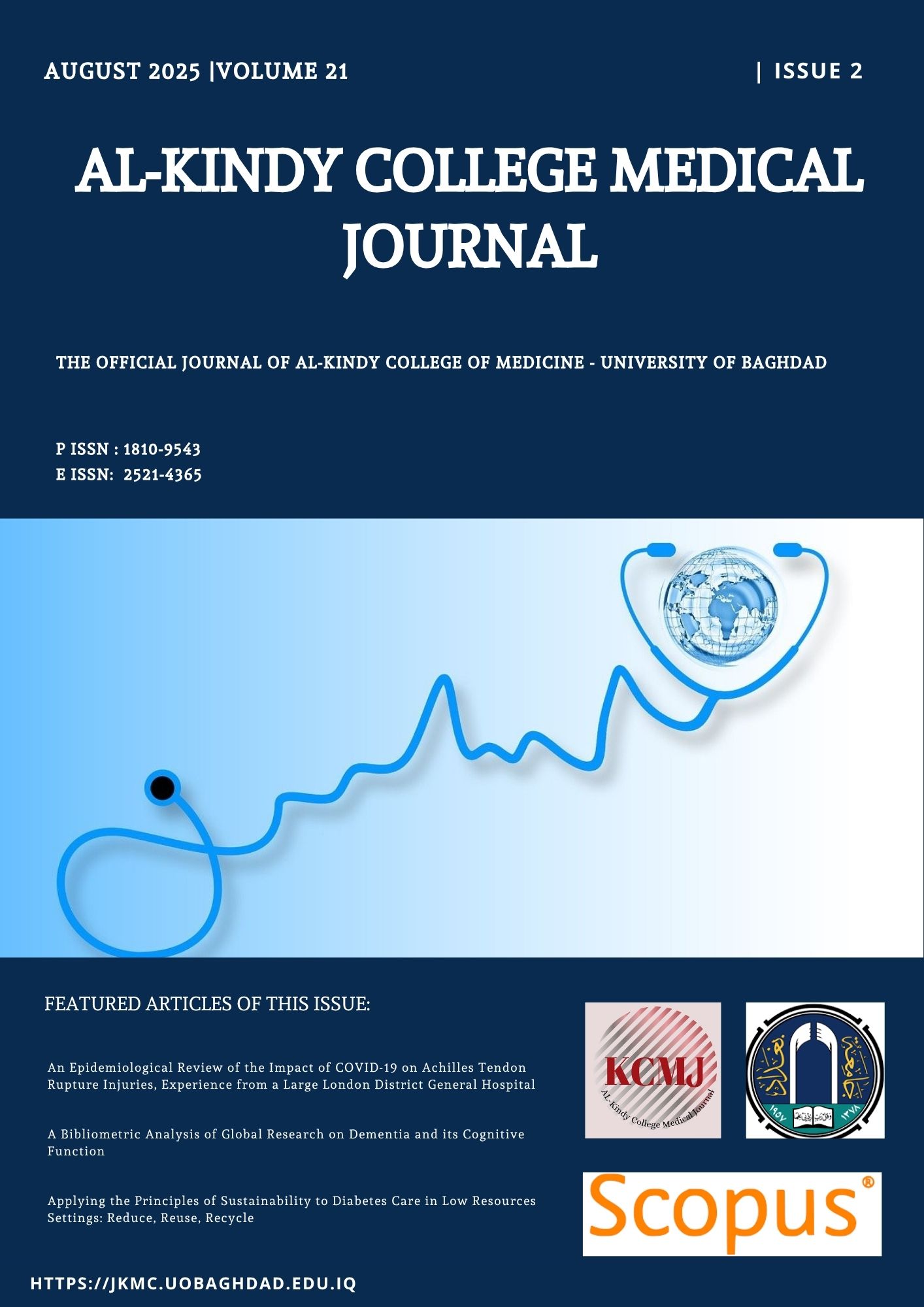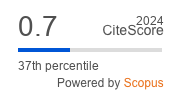Applying the Principles of Sustainability to Diabetes Care in Low Resources Settings: Reduce, Reuse, Recycle
DOI:
https://doi.org/10.47723/57dfgt55Keywords:
Sustainability , Diabetes , Healthcare , IraqAbstract
\
Background: Sustainability in healthcare is a relatively new concept that aims to integrate environmental, financial, and social factors. Diabetes care in low socioeconomic communities relies on disposable medical supplies, leading to increased waste. This study aims to propose the application of the (reduce, reuse and recycle) framework in diabetes care to enhance sustainability
Subjects and Methods: This study used a mixed-methods approach, including both a literature review and a pilot survey. The literature review included fifty studies focusing on sustainable healthcare practices. A survey was conducted among fifty healthcare professionals and fifty patients to assess their baseline knowledge about practices related to sustainability in healthcare. Results were analyzed to assess similarities or differences between high and low socioeconomic communities
Results: The survey revealed that 63% of patients thought treatment costs was the primary barrier to sustainability, while 50% of healthcare providers pointed to limited resources. Both groups emphasized the need for government support and education to enhance sustainability efforts. Reusable insulin pens and eco-friendly packaging were the most viable solutions.
Conclusions: Applying sustainability to diabetes care can reduce both environmental and economic burdens. This is particularly challenging in low-resource settings, where cost and infrastructure limitations persist. Policy reforms, education, and innovation to reduce waste is essential to achieve a sustainable healthcare system.
Downloads
Published
Issue
Section
License
Copyright (c) 2025 AL-Kindy College Medical Journal

This work is licensed under a Creative Commons Attribution 4.0 International License.














